Epidemiology Impact on Public Health: Case Studies and Insights
Epidemiology impact is the backbone of public health, providing critical data to understand disease patterns, identify risk factors, and develop interventions. This field is instrumental in shaping policies, controlling outbreaks, and improving population health outcomes. Below, we delve into epidemiology’s pivotal role in public health through case studies and insights.
What Is Epidemiology?
Epidemiology is the study of how diseases affect populations, focusing on their distribution, determinants, and prevention. It aims to identify the causes of health-related issues and develop strategies to mitigate them. Public health practitioners use epidemiological methods to monitor diseases, design interventions, and evaluate their effectiveness.
Core Functions of Epidemiology in Public Health
- Disease Surveillance:
Epidemiology tracks the occurrence of diseases, helping detect outbreaks early. For example, systems like the CDC’s National Notifiable Diseases Surveillance System (NNDSS) provide data that guide public health actions. - Outbreak Investigation:
Investigating outbreaks involves identifying the source and implementing measures to control its spread. For example, during the COVID-19 pandemic, epidemiologists played a crucial role in contact tracing and advising on containment measures. - Risk Factor Identification:
By studying populations, epidemiology uncovers behavioral, genetic, and environmental factors contributing to diseases. - Program Evaluation:
Epidemiology evaluates the impact of public health programs, ensuring resources are effectively used and interventions achieve desired outcomes.
Case Studies in Epidemiology
1. Cholera Outbreak in 1854 (John Snow’s Investigation)
Often regarded as the “father of modern epidemiology,” John Snow identified contaminated water as the source of a cholera outbreak in London. By mapping cases and analyzing water supply, he demonstrated the importance of epidemiology in addressing public health crises.
2. Smallpox Eradication
Epidemiology played a central role in eradicating smallpox. Through surveillance and targeted vaccination campaigns, the World Health Organization (WHO) eliminated the disease by 1980, showcasing the power of data-driven interventions.
3. HIV/AIDS Prevention
In the 1980s, epidemiological studies identified high-risk behaviors associated with HIV transmission. These findings led to educational campaigns, condom distribution, and the implementation of needle exchange programs, significantly reducing transmission rates.
Modern Applications of Epidemiology
- Non-Communicable Diseases (NCDs):
Epidemiology now addresses chronic diseases like diabetes and heart disease. Studies reveal lifestyle and genetic contributors, guiding prevention campaigns and healthcare policies. - Environmental Health:
It evaluates the health effects of pollutants and climate change. For instance, research linking air quality to respiratory diseases has prompted regulations to reduce emissions. - Vaccination Programs:
Surveillance systems monitor vaccine-preventable diseases, ensuring high immunization coverage and identifying gaps in herd immunity.
Challenges in Public Health Epidemiology
- Data Accuracy:
Collecting and analyzing accurate data can be difficult, especially in low-resource settings. - Emerging Diseases:
The rise of novel pathogens, such as SARS-CoV-2, requires rapid response and adaptability. - Global Health Inequalities:
Epidemiological studies often highlight disparities in health access and outcomes, necessitating targeted interventions.
Future of Epidemiology in Public Health
The integration of technology, such as artificial intelligence (AI) and big data, is revolutionizing epidemiology. Predictive modeling and real-time analytics are enhancing the ability to anticipate outbreaks and design proactive measures.
Additionally, interdisciplinary approaches combining it with genomics, behavioral science, and environmental studies promise comprehensive insights into health challenges.
Conclusion
Epidemiology is indispensable to public health, providing the evidence base for policies and interventions that save lives. From historical milestones like smallpox eradication to modern challenges such as chronic diseases and pandemics, the field continues to evolve, adapting to the needs of a changing world.
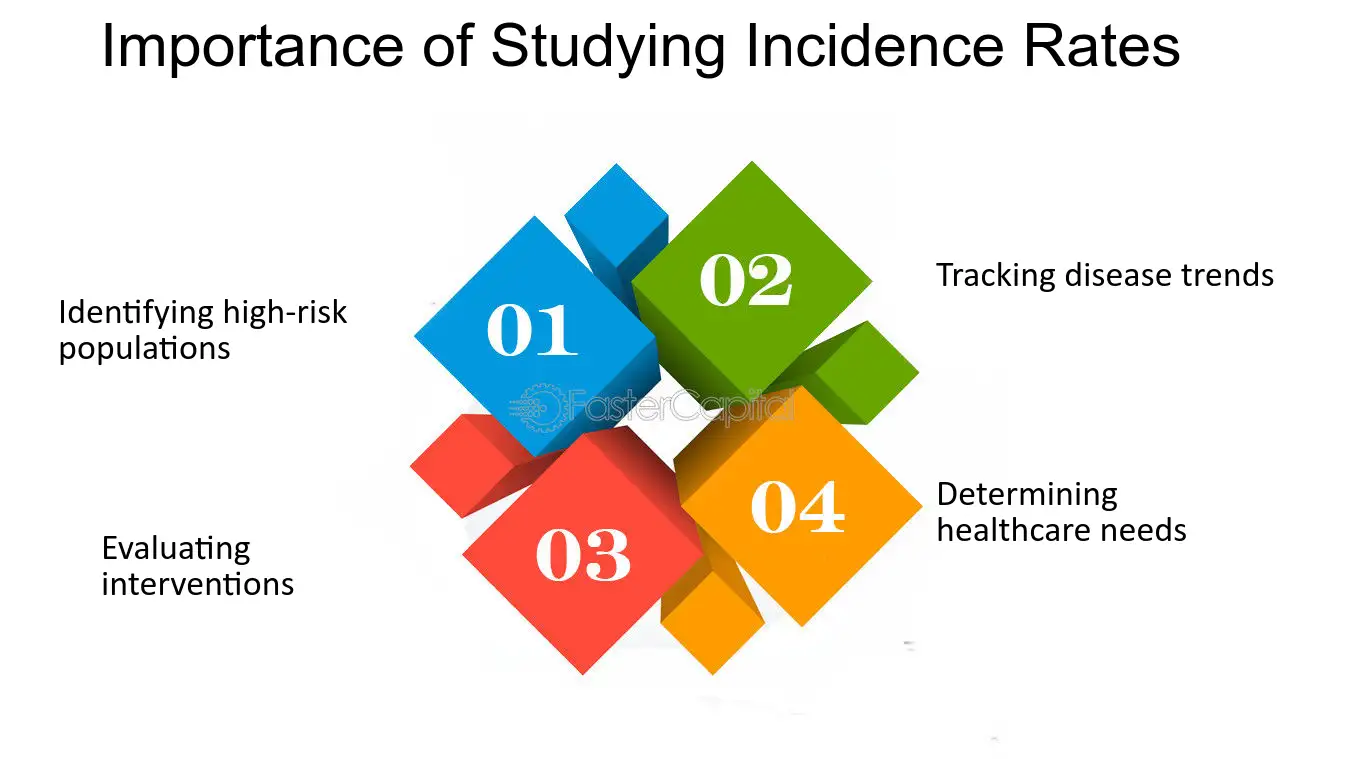

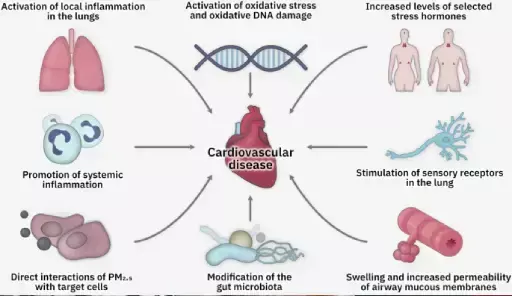
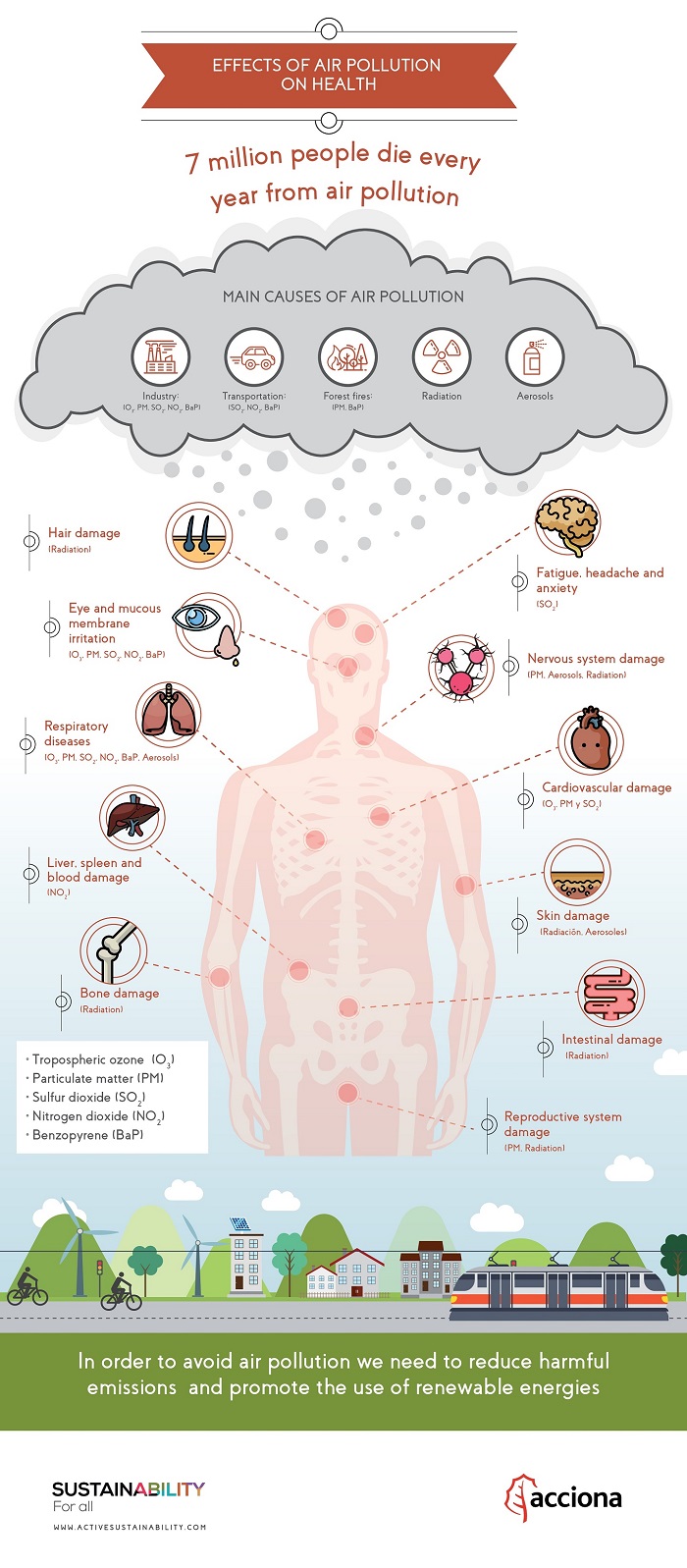
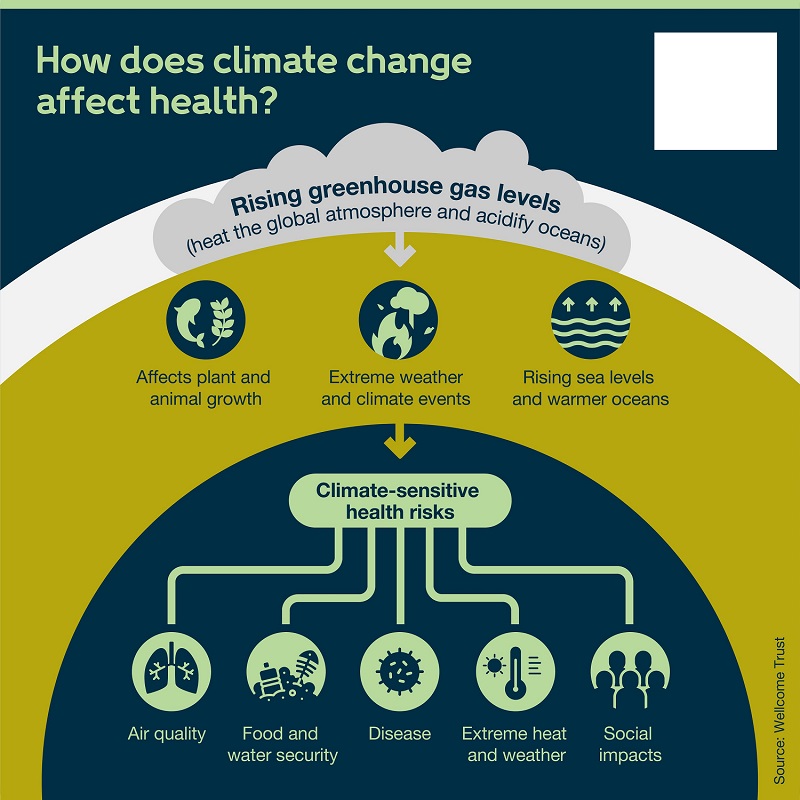
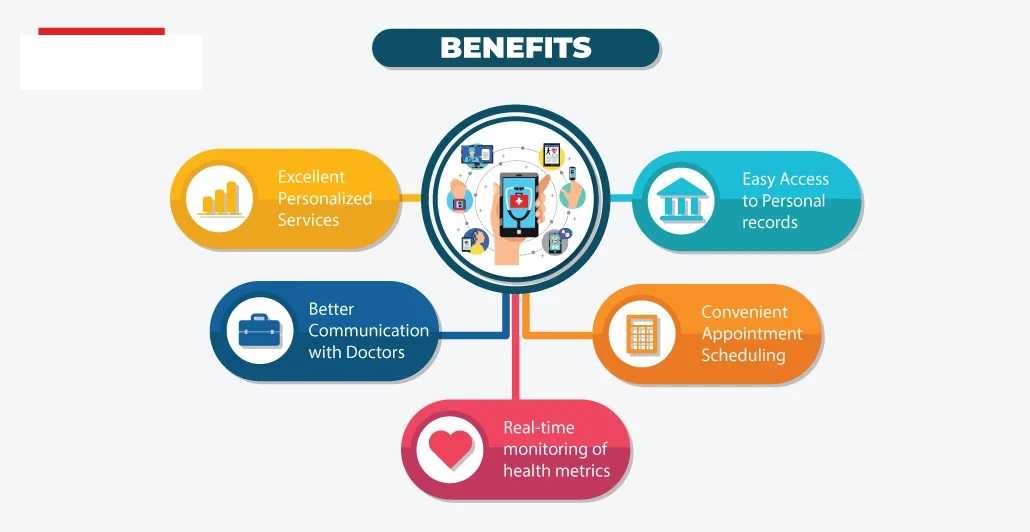
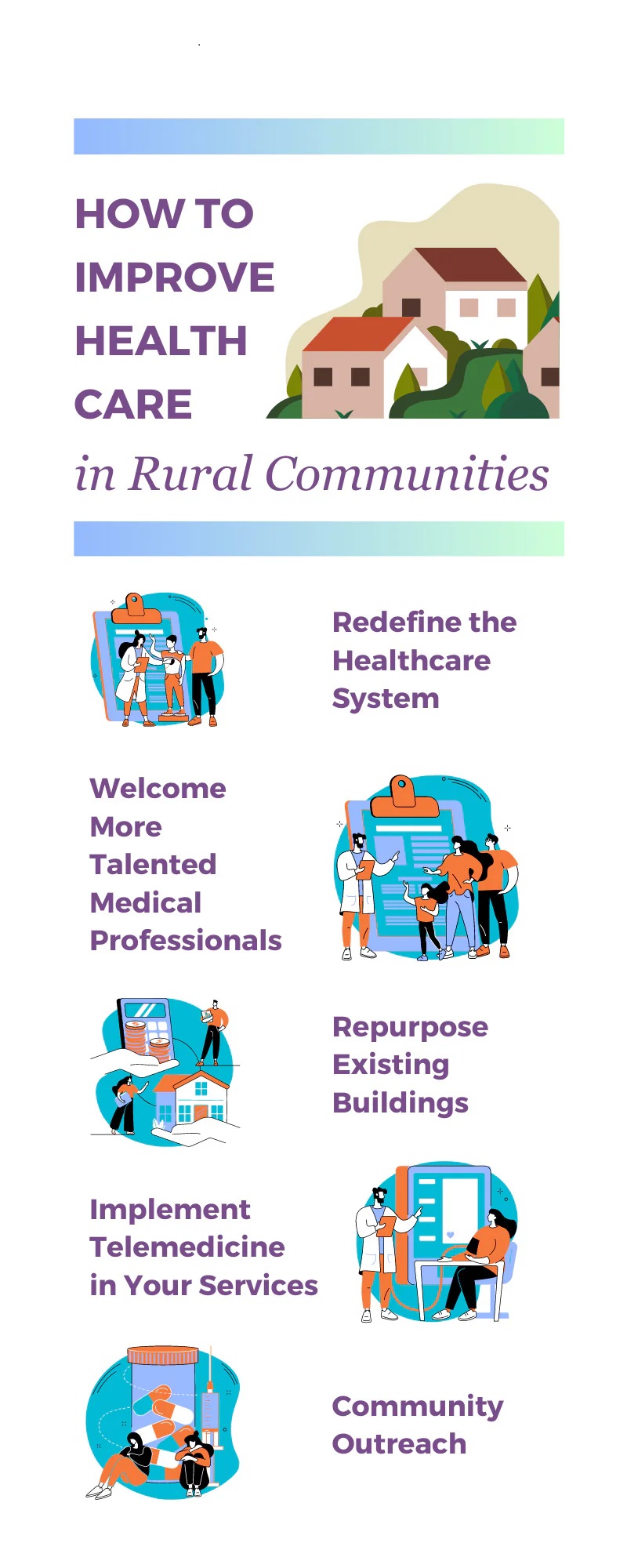


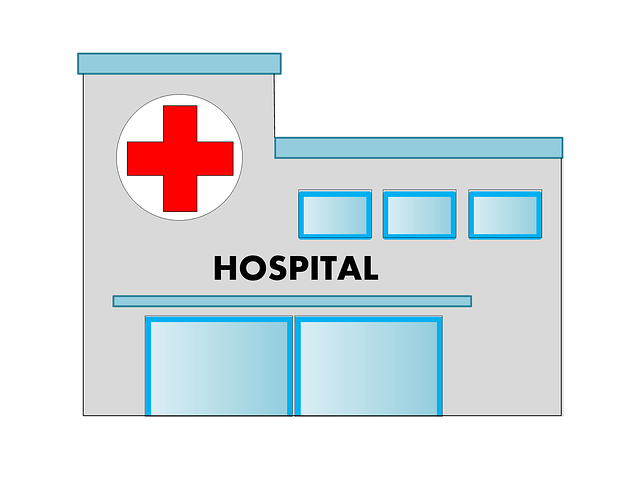




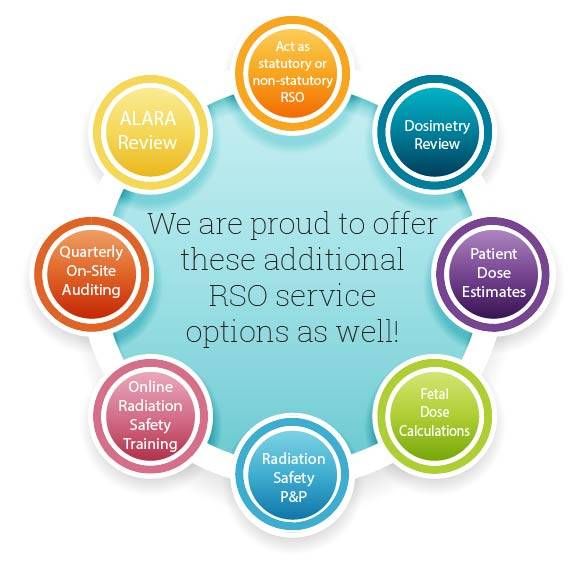
Leave a Reply